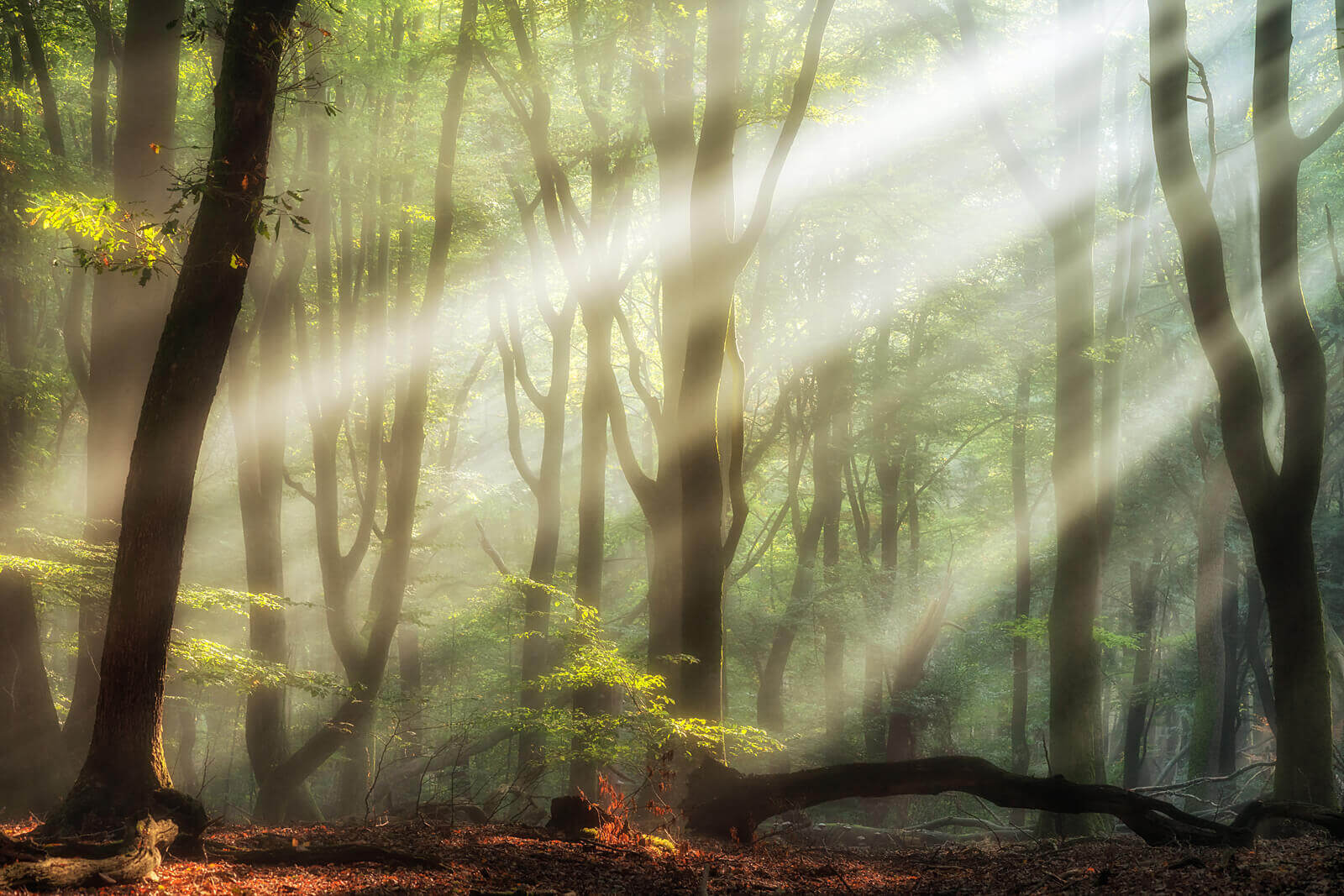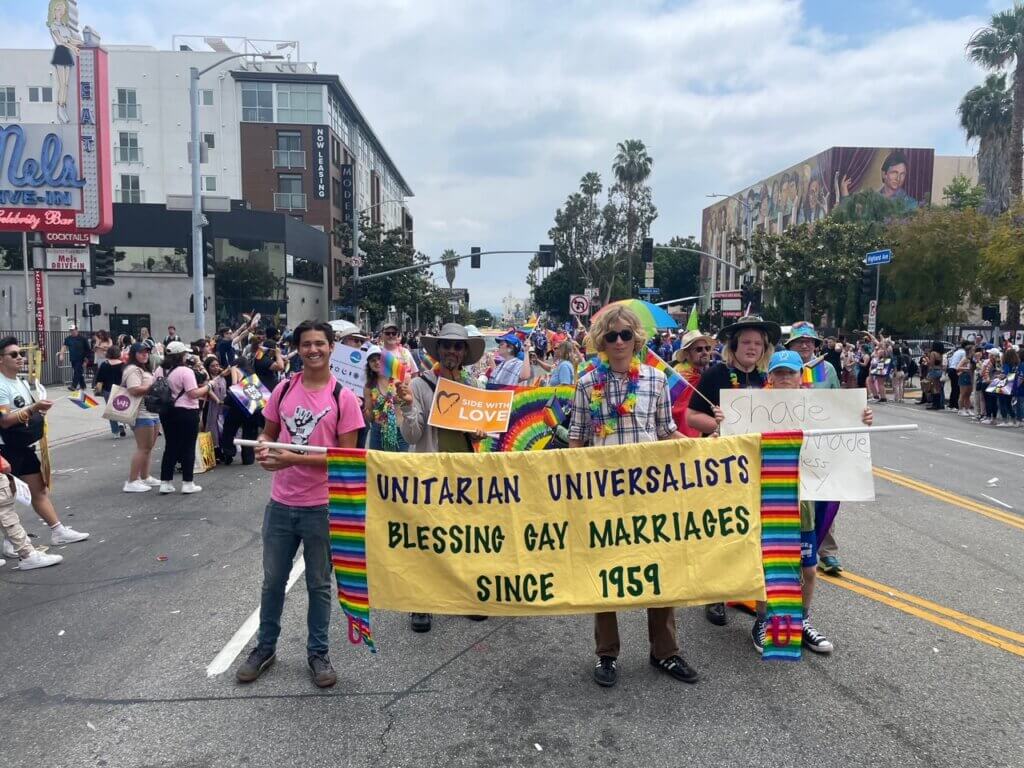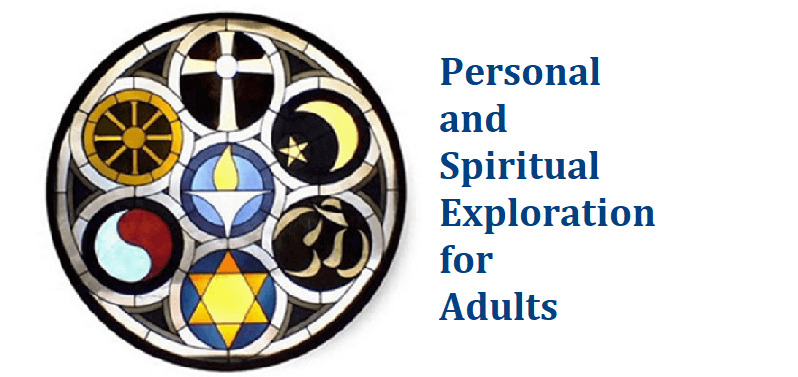Special AAHS Freethinker Forum—Sunday, February 28, 3:00 to 5:00 pm
In February, science enthusiasts along with humanist and liberal religious groups sometimes celebrate the birthday of Charles Darwin to commemorate and reflect on the legacy of his incredible discovery and what it means to our world.

UUSM’s Agnostics, Atheists, Humanists and Secularists (AAHS) group will host a special AAHS Freethinker Forum for Darwin Day (note the later start time) this month. We’ll view and discuss a video presentation by the Rev. Dr. David Breeden, Senior Minister of First Unitarian Society of Minneapolis, a Unitarian Universalist congregation originally founded in the late 1800s by a group of people wanting to read and understand Darwin’s work. David asks us to consider how “Darwin’s dangerous idea” interrupted what Western societies had long believed about “the great chain of being,” and how evolution by natural selection continues to both challenge and inspire us.
Darwin’s discovery paved the way for a new understanding of what some might call a sacred or meaningful connection to the natural universe, embodied in the 7th UU Principle: “Respect for the interdependent web of all existence, of which we are a part.” Indeed, the legacy of natural selection on the development and evolution of liberal religion in the past 150 years has been profound, and may be under-appreciated. Writing in UU World, the late Rev. Dr. William Murry, former president of Meadville-Lombard Theological school, ruminated:
“I believe that evolution by natural selection is one of the most important insights not only in the history of science but in the history of the world because it has radically changed our traditional Western understanding of how we came to be, what we are, and of our place in the world. However, just as it took several hundred years for the full implications of Copernicus’s discovery to be felt, so also all the implications of Darwin’s idea have not yet become fully apparent…
Despite the great variety of life forms that have evolved over the millennia, the awareness, rooted in evolutionary biology, of the kinship of all living organisms leads us to regard all human beings as members of one extended family. The spiritual implication of this realization is that we should live together in love and caring, be tolerant of our differences, and take responsibility for one another…
Darwin’s idea also fosters a deeper, nature-centered spirituality by shifting the focus away from the supernatural to nature itself—its amazing fecundity and diversity and the remarkable process Darwin called natural selection and descent with modification. In a post-Darwinian world, emotions such as awe and wonder and reverence evoked by the natural world are often identified as religious emotions. A natural spirituality is the result…
Every religion needs a story, and Darwin’s idea has given us a place in a new story with multiple layers of meaning. That story, the great epic of cosmic and biological evolution, is a religious story because it calls us out of our little self-centered worlds to see ourselves as part of a great living system. It gives a larger meaning and a broader ethic to our lives. As Darwin wrote at the end of The Origin of Species: ‘There is grandeur in this view of life.'”
I’ve thought a great deal about the nexus of science and spirituality since becoming involved with Unitarian Universalism and Humanism. Some of these ideas formed the foundation of two summer sermons about Darwin, Cosmology, and Religious Naturalism that I was privileged to give at UUSM in 2018 and 2019.
In this age, as we struggle with the near-term challenge of the COVID-19 pandemic and the long-term threat of the climate crisis, it seems that fostering a closer and deeper connection to the interconnected web of nature and life could not be of more vital importance.
All are welcome! Join us at 3:00 for a lively discussion where a diversity of views is welcome and respected! Email aahs@uusm.org for the Zoom link.
AAHS (Agnostics, Atheists, Humanists and Secularists) is part of UUSM’s lifespan learning for adults and a member group of the UU Humanist Association. Keep current on future discussions and events via our Facebook Group.




